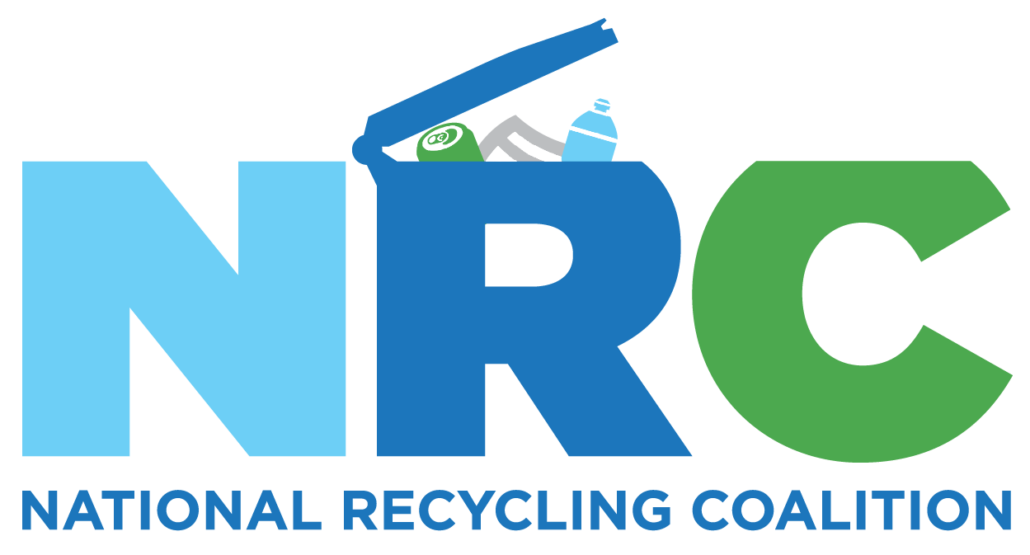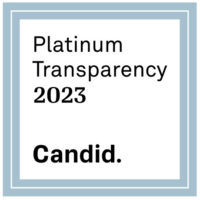About
VISION, MISSION, PRINCIPLES
Vision:
NRC’s vision is a society where everyone has access to, consistently participates in, and benefits from high-performing, environmentally responsible, and equitable waste prevention, redesign, reuse, recycling, and composting programs supported by the policies and infrastructure needed to maintain a prosperous and productive circular materials economy throughout North America.
Mission:
NRC serves its members by developing and sharing best practices and policies that support sustainable materials management and the transformation to a circular economy.
What We Do:
Learn how and why NRC is working within the national recycling world.
Principles:
| In conjunction with source reduction, reuse, and composting, the recycling of valuable materials is essential to a sustainable environmental, energy, and economic future. |
| Recycling is a value-added activity to our communities, states, and country that creates green, well-paying jobs boosting a domestic economy committed to sustainability. |
| Materials recovery (primary vs tertiary recycling) is the preferred management option for all residential, commercial, and industrial discards. |
| Recycling is resource management, not waste management. |
| Sustainable Materials Management is a critical strategic shift away from the past strategy of waste management toward a holistic resource management system that strives to use less materials overall, reduce toxins, recover more used materials, create new jobs, and foster economic development. |
| Recycling is not disposal. |
| Thermal combustion is not recycling. |
| Recycling programs must be designed to minimize contamination in consideration of the needs of upstream users. |
| Recyclables are substitutes for virgin materials. |
| Recycling requires the participation and collaboration of all stakeholders – citizens and consumers, providers and consumers of raw materials, product manufacturers, product distributors and retailers, providers of recycling infrastructure, and all levels of government. |
| Recycling programs must be accessible and convenient for all residential, business and institutional settings. |
| Recycling goals must be clear, achievable, and measurable. |
| The foundation of successful recycling policy and programs is accurate and unbiased information. |
| Stakeholders should develop a uniform system for measuring discards, recycling, and composting, and waste disposal. |
| Customized and achievable recovery goals should be established. |
| Stakeholders should work to expand uses of their products, which commonly include recycled content. |
| Recycling stakeholders should support development and dissemination of sound, scientifically based, and balanced educational material that informs citizens on the need for recycling and engages consumers in the recycling process. |
| Products and packaging should be designed to take into account and address environmental impacts. |
| Products should be designed, manufactured, packaged, distributed, managed, and used to optimize the continuing value and recovery of the used materials and minimize the environmental and climate impact throughout the life-cycle of the product. |
| Manufacturers should develop and support programs that optimize the recovery of recyclable materials. |
| Product and package environmental claims and labeling programs should be standardized, accurate, enforceable, and useful for consumers. |
| Successful recycling requires sustainable and equitable economic policies. |
| The cost and value of recycling, in comparison to alternative management options and waste disposal, must be transparent to consumers and policymakers and recognize sustainable development measures for resource depreciation (land and natural resources), energy savings, and environmental impact. |
| Government policies and programs must not favor virgin materials use and waste disposal over materials management by source reduction, re-use, recycling, and composting. |
| Government tax policies must provide direct and in-direct incentives for recycled materials utilization, new recycling technologies, and infrastructure development. |
| Recovered materials (discarded materials and byproducts that have been recovered or diverted from solid waste, including recyclables, reusable products and products that may be refurbished) must have access to global markets. |
| Think globally, act locally. |
| Taking into account regional and local differences, state and local collection policies and programs should utilize practices that optimize participation rates, cost-effectiveness, direct incentives, and energy efficiency. |
| Local governments should have the necessary authority, sufficient means and tools, to implement successful residential, commercial, and institutional recycling programs. |
Address:
National Recycling Coalition
Box 314, 1151 Eagle Drive
Loveland, CO 80537
Email:
Copyright 2023, National Recycling Coalition. All rights reserved.

